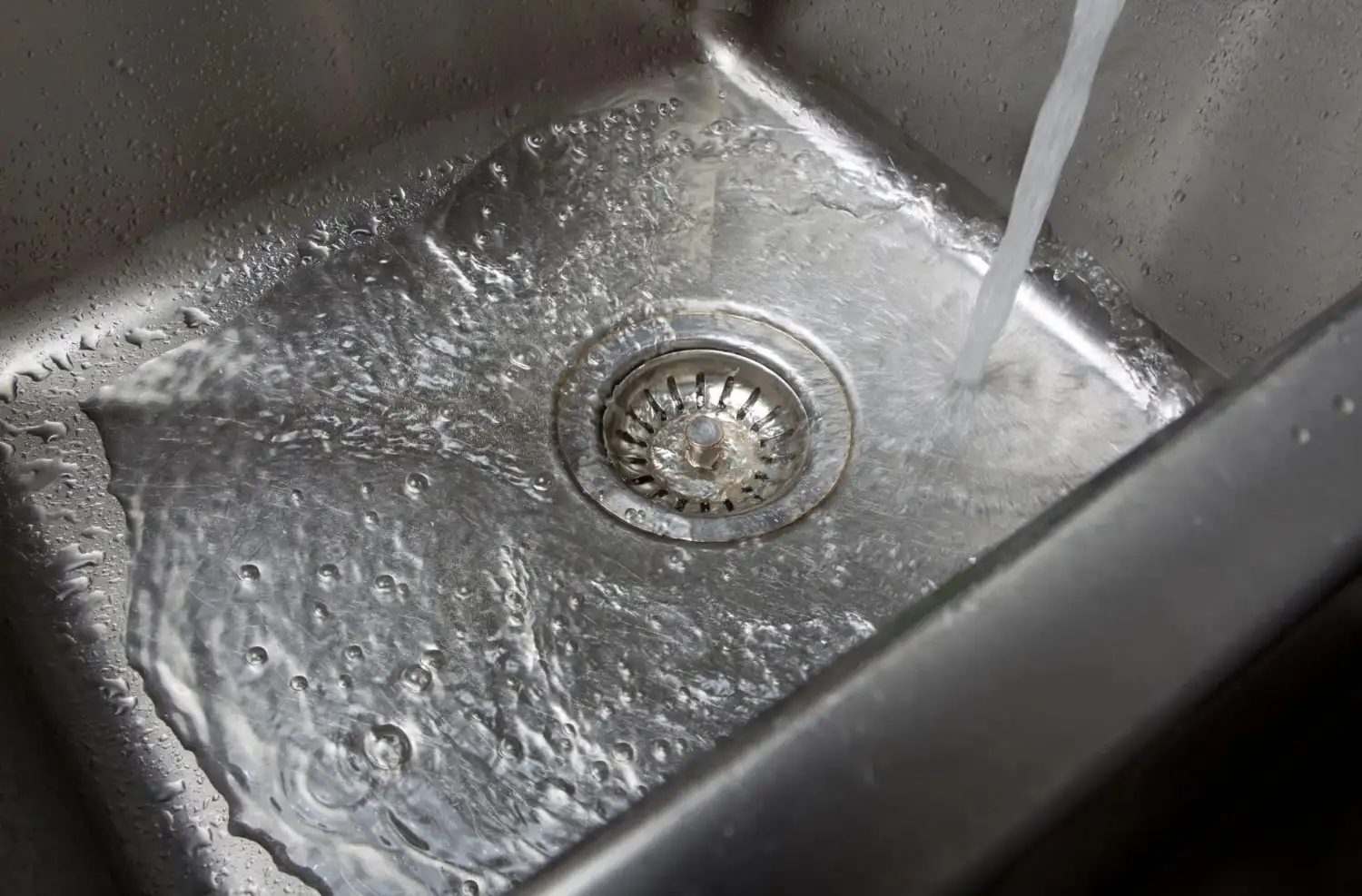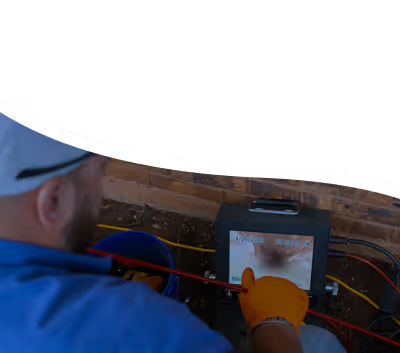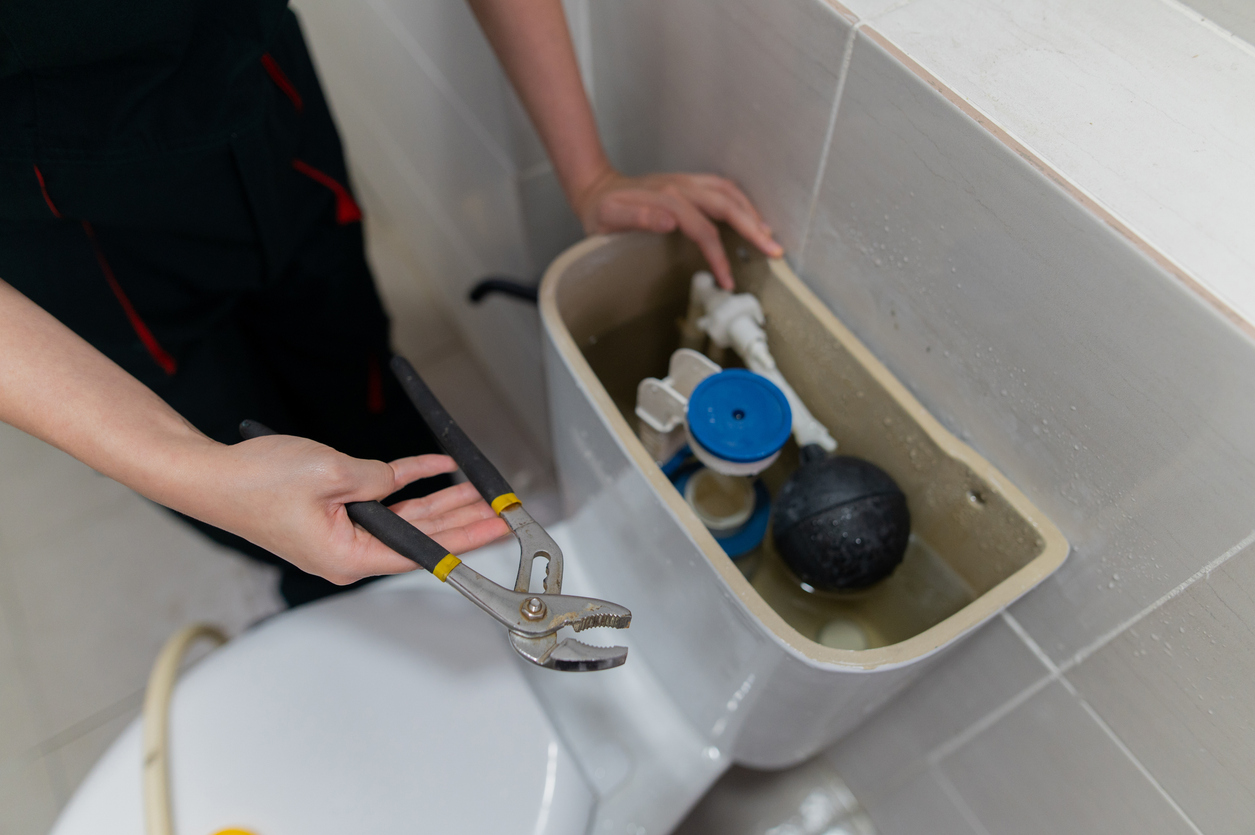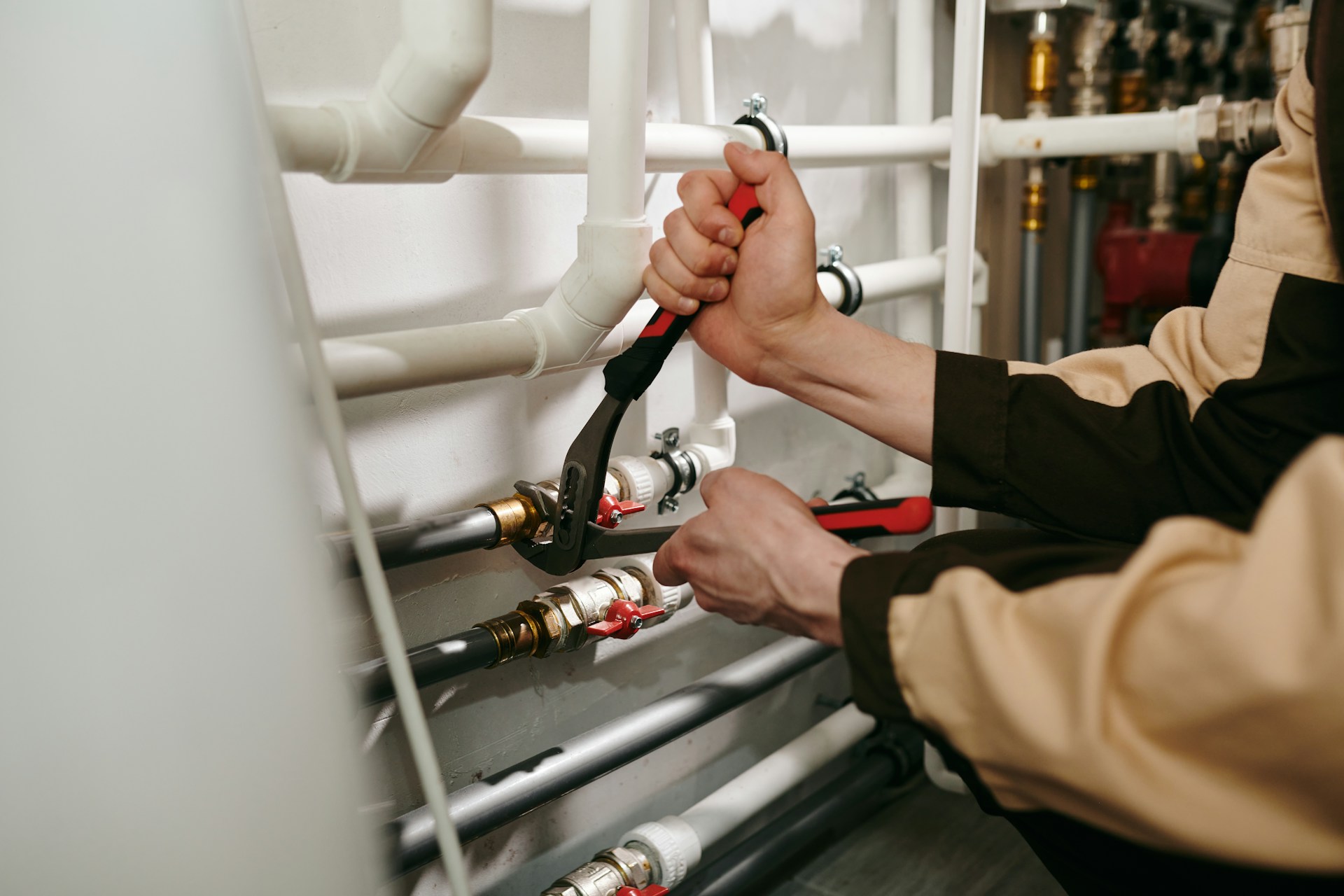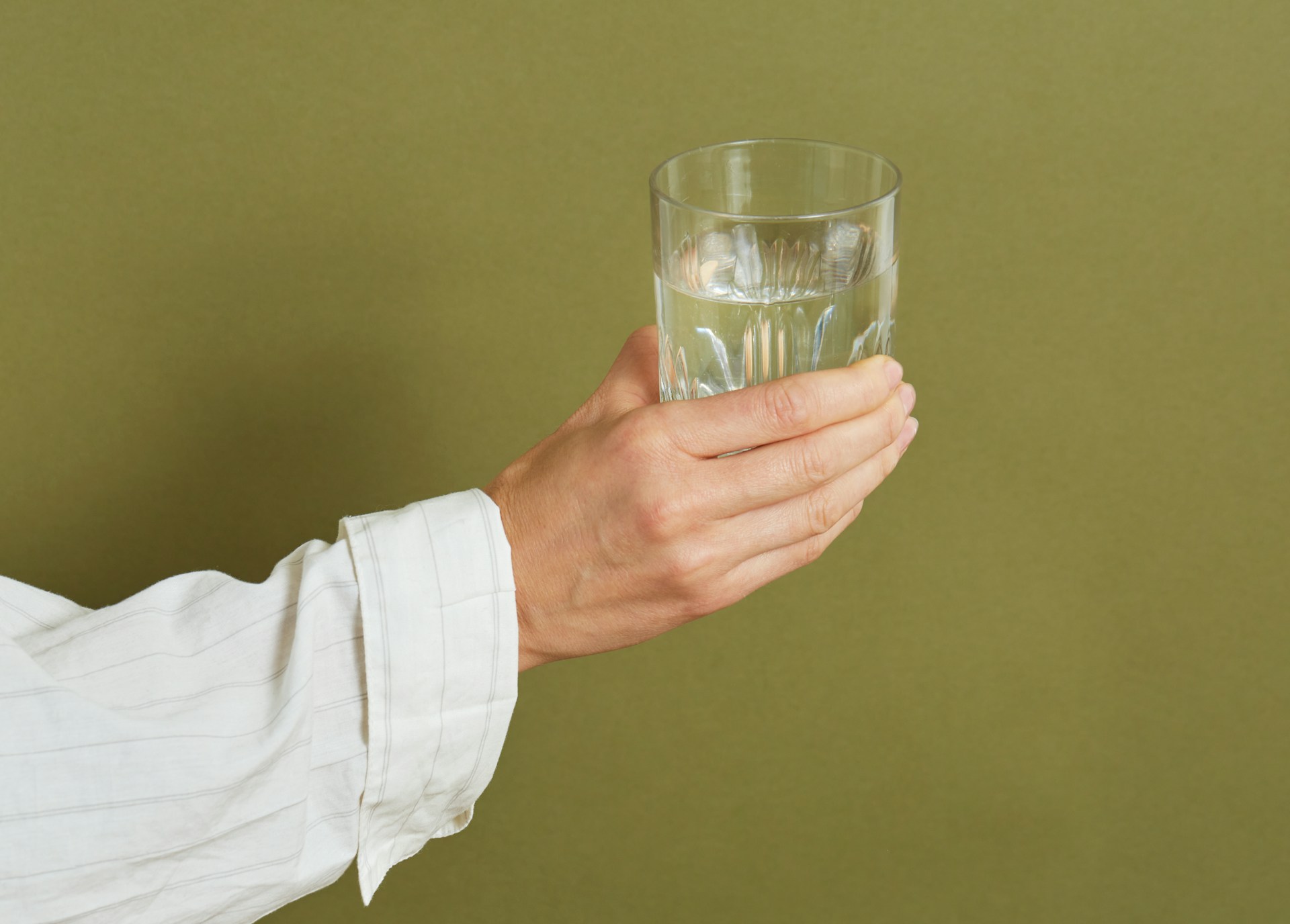A clean and smooth-running kitchen drain makes all the difference in your everyday routine. Whether you’re washing dishes or prepping a meal, slow drainage or odd smells from the sink can really throw things off. While a plunger might seem like a quick fix, some drain issues go far beyond surface-level clogs and need a more thorough response to keep your plumbing working properly.
In a home in Tye, it doesn’t take long for drain problems to go from annoying to disruptive. By knowing the early warning signs, homeowners can take action before minor problems turn into costly plumbing emergencies. A reliable solution like professional drain cleaning in Abilene can help protect your home’s plumbing system and keep wastewater flowing the way it should.
Frequent Slow Drainage
One of the first things most people notice is how slowly water starts draining from their kitchen sink. At first, it may not seem like a big deal—water still goes down eventually. But slow drainage is often the first sign that buildup is starting to block the inside of your pipes.
Things like grease from cooking, soap residue, and bits of food waste can collect over time, leading to narrowing or partial blockages in the drain line. If these aren’t cleared out properly, the problem can continue to build, leading to more resistance in the flow of water and even full-on clogs down the line.
Homeowners might try quick fixes to deal with slow drains, but those options usually only treat the symptom, not what's causing it. When water lingers for longer than it should and plunging doesn't make a difference, that’s a sign a deeper clean is needed—something that basic tools won’t reach.
Unpleasant Odors from the Sink
A sink that smells like rotten eggs or musty water isn't something anyone wants in the middle of their kitchen. Those smells often come from trapped food particles or grease layered inside the pipe. Over time, bacteria grows on that organic matter and starts releasing foul gases that ride up into your sink and kitchen area.
Here are a few reasons odors tend to show up when a drain needs professional cleaning:
- Food scraps accumulate in the pipe where water flow is weak
- Grease and oil coat the inside walls, holding onto more debris
- Bacteria, mold, or mildew grow in the damp, stuck-on material
- Air gets trapped behind minor blockages, forcing smells upward
Even if you use hot water or store-bought cleaners to flush the drain, heavy buildup often stays behind. Odors that keep coming back, especially after rinsing or cleaning, usually mean the issue is deeper down in the system. When this happens, cleaning the inside of your drain thoroughly with the right tools makes all the difference.
Gurgling Noises During Drainage
When you run water in your sink and hear gurgling sounds coming back up through the drain, that’s more than a harmless noise. Gurgling usually means air is getting trapped where it shouldn’t—often a sign that your kitchen drain is partially blocked and struggling to keep things moving. This air tries to escape as water is pushed through, causing the distinct bubbling or gurgling sound.
As buildup thickens inside the drain line, it affects how air and water move. Instead of a smooth path, pockets of pressure form, leading to sounds that didn’t used to be there. You might hear them after using the garbage disposal or running the dishwasher, especially if your kitchen drain connects to other plumbing fixtures.
If left untreated, this kind of symptom is usually joined by slow drainage or full blockages later. Gurgling doesn’t fix itself—it means the system is no longer operating as it should and is struggling under the pressure of interior buildup. Identifying this early can help keep the issue from spreading deeper into your plumbing.
Recurring Clogs That Keep Coming Back
One isolated clog doesn’t usually raise alarm. But if your kitchen sink keeps clogging, even after you’ve plunged it or tried a drain cleaner, that signals a larger issue. Recurring clogs are often the result of waste buildup deeper in the pipe that temporary fixes just can’t reach. These types of blockages grow slowly, and each flush or rinse only worsens the pressure behind it.
In Tye homes, it’s fairly common for kitchen drains to face repeated clogs if grease, food particles, and other debris are allowed to settle and solidify within the line over time. Clearing the top of the drain may offer short-term relief, but problems often resurface within days or weeks if the cause isn’t fully resolved.
Here are a few problems that may contribute to recurring clogs:
- Old or narrow pipes that trap material more easily
- Buildup from soaps and fats on the inner walls of the pipe
- Insufficient water pressure, causing poor waste removal
- Food particles sticking together and forming larger blocks
Without intervention, these repeated drain clogs can lead to more severe blockages or even backups. That’s why it’s important to stop treating the symptom and instead clean the full pipe system with professional-grade tools. That removes buildup throughout the line and gets the sink back to normal operation.
Water Backing Up Into The Sink
When water starts rising back into your kitchen sink while using it, there’s no clearer sign of a major blockage. This usually points to a complete or near-complete clog that’s preventing flow. Instead of draining out, water has nowhere to go and ends up reversing direction.
This can be especially messy and inconvenient when it comes up during dishwashing or running the garbage disposal. A backup not only halts your activities but also poses sanitation issues. If wastewater sits too long or carries food debris, it can create odors and promote bacterial growth in the sink area.
Water backing up may also be accompanied by gurgling noises, slow drains, or bubbling. These are all signs that pressure is building inside the pipe and needs to be released. At this stage, plunging rarely works because the blockage lies too deep or is packed too tightly. Professional cleaning helps prevent pipe damage by safely clearing the clog and restoring full drainage.
Keeping Your Kitchen Safe and Clean
Keeping your kitchen drain clean isn’t just about convenience. It plays a bigger role in protecting your overall plumbing system, kitchen hygiene, and daily routine. When ignored, a minor issue like slow drainage can quickly snowball into costly repairs or plumbing emergencies. In contrast, getting regular cleaning done before symptoms get worse helps keep your home running smoothly.
By spotting the early signs like frequent clogs, odd noises, or foul smells, homeowners can act before those small pulses of trouble turn into steady problems. Getting drains professionally cleaned not only helps prevent these warning signs, but also clears out the buildup that causes recurring issues in the first place.
If your kitchen sink in Tye has been giving you problems or showing more than one of these signs, it’s time to consider a solution that truly gets to the root of the problem. Our professionals have the tools and experience to address the source of the issue quickly and cleanly, helping you avoid serious plumbing issues later. A clean drain keeps your kitchen safe, functional, and stress-free.
For homeowners in Abilene facing persistent kitchen drain issues, dependable maintenance can prevent bigger problems down the line. Rely on professional drain cleaning in Abilene to clear deep buildup and restore proper flow before minor inconveniences turn into serious repairs. At Midway Plumbing, we understand that a clean kitchen means a safer home, and our professionals are ready to address signs like slow drainage, foul odors, and recurring clogs quickly. For a quick estimate or to book a service visit, please contact us today.


